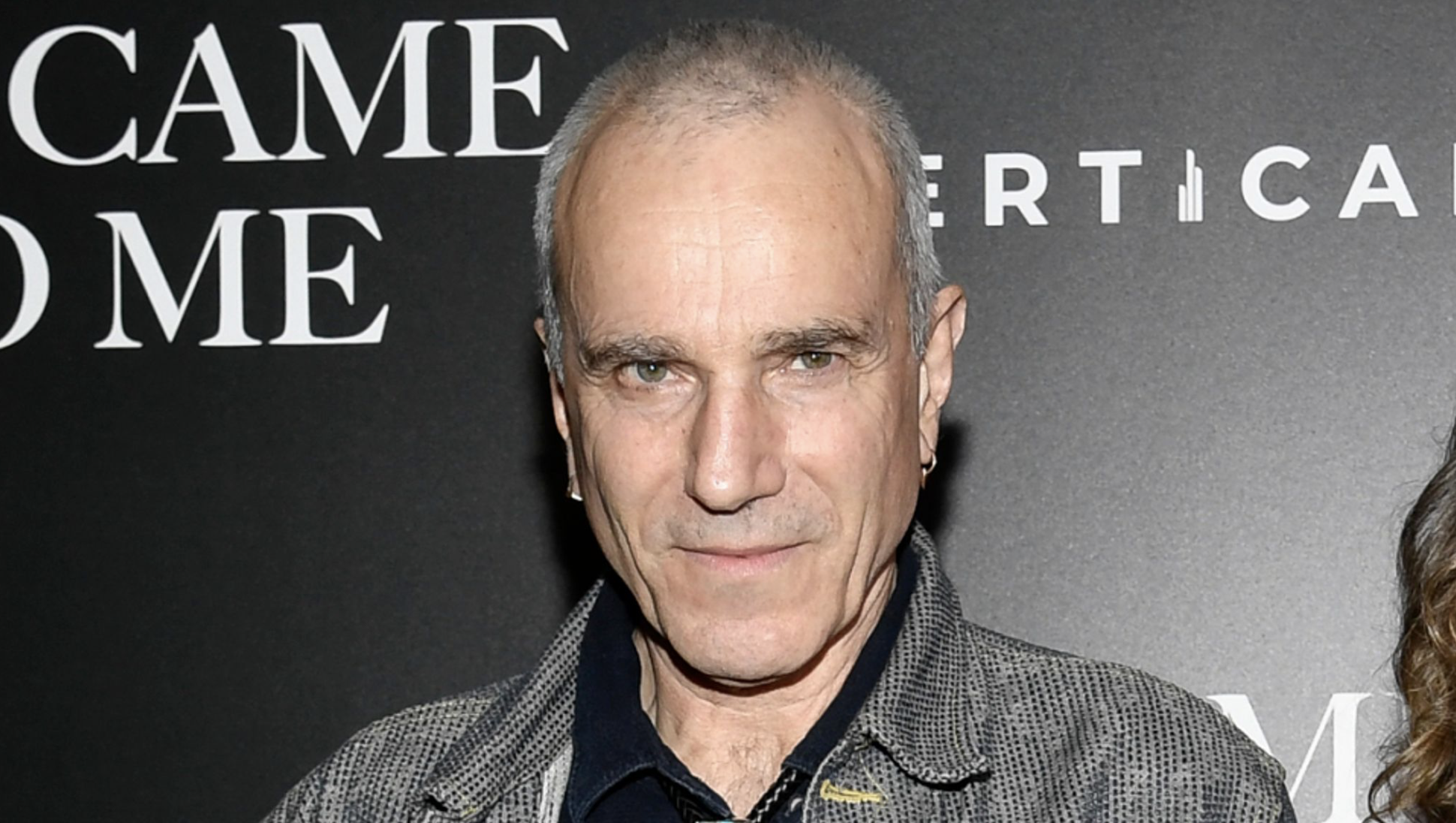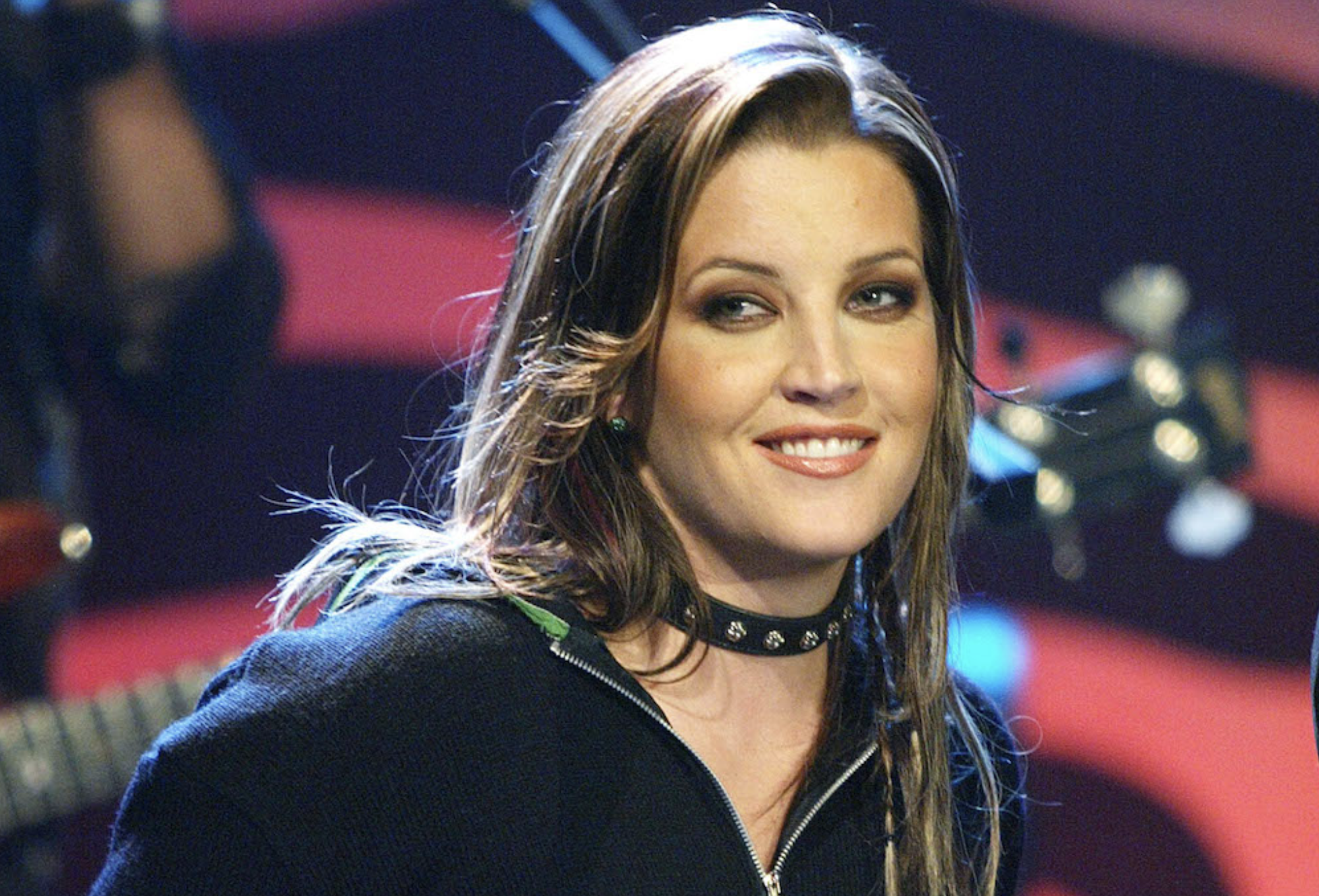In a heartfelt reveal, actress Olivia Munn opened up about her health struggles and proactive family planning measures. Diagnosed with Luminal B-type breast cancer earlier in March 2024, the 43-year-old actress underwent a double mastectomy which led to menopause, affecting her reproductive abilities. Amid this challenge, she disclosed that she had previously frozen her eggs on three occasions — at the ages of 33, 39, and most recently at 42. Her partner, comedian John Mulaney supports her decision and openness about their family plans.
Originally diagnosed in March 2024, Olivia’s health journey has been arduous. She underwent treatment specifically designed to prevent the spread of cancer but was left dealing with early menopause. During her interview with Vogue and on her Instagram page, she spoke candidly about these experiences and shared how they influenced her decision to freeze eggs multiple times over the past decade. She highlighted that while the attempt at age 39 did not yield viable eggs, the procedure at age 42 produced two healthy embryos.
John Mulaney stood by Olivia during these trying times stating his full support for her public disclosure and family planning decisions. He remarked, “So while we like to lead our life privately, I was completely supportive of Olivia sharing her story.” With their son Malcolm now 2 years old, both parents are focusing on ensuring stable family planning despite health challenges.
Raising awareness about proactive health measures extrudes through Munn’s story as an evidently dominant theme. She emphasizes the importance of regular check-ups that could preemptively catch potentially missed afflictions as indicated by how effectively her surgical options worked compared to standard tests.
Olivia Munn’s inspiring journey not only puts a spotlight on personal battles against serious conditions such as breast cancer but also highlights progressive steps toward securing future family needs amidst health crises. Her commitment to raising awareness and encouraging others to take proactive tests proves significant as many may benefit from early detection protocols she advocates.













